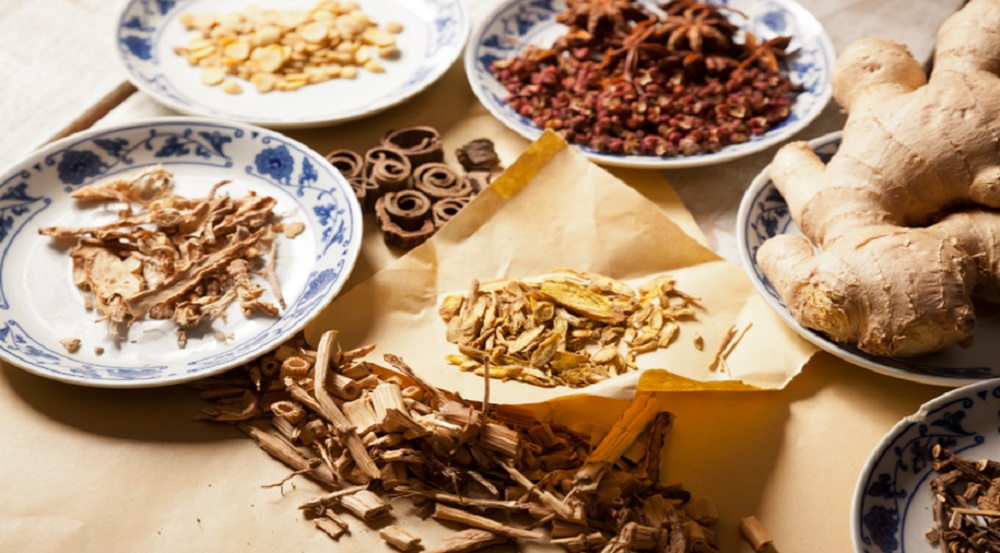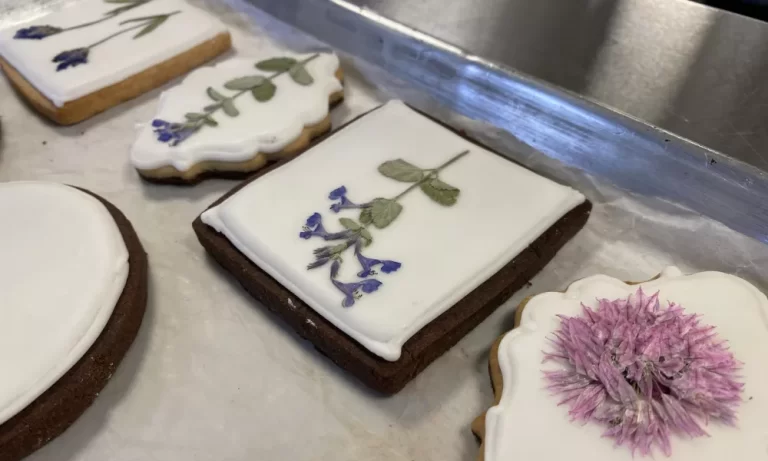
Hives, or urticaria, are itchy, raised welts that appear on the skin, often caused by allergic reactions, stress, or underlying health issues. While modern medicine offers various treatments, Traditional Chinese Medicine (TCM) provides an alternative approach that leverages the benefits of Chinese herbal formulas. This listicle explores the role of these herbal remedies in managing and treating hives.
Understanding the TCM Perspective on Hives
In TCM, hives are considered a manifestation of an imbalance in the body’s internal systems. This imbalance might be due to external factors like wind and heat or internal factors such as dampness and deficiency. According to TCM theory, hives result from a disruption in the flow of Qi (energy) and blood, leading to skin eruptions. By addressing these imbalances, Chinese herbal formulas aim to restore harmony and alleviate symptoms.
Chinese Herbal Formula for Hives: Key Ingredients
Various herbs are used in Chinese medicine to treat hives. For instance, Huang Qin (Scutellaria baicalensis) is known for its anti-inflammatory properties, which can help reduce swelling and redness. Bai Shao (Paeonia lactiflora) is often used to soothe the skin and improve its resilience. Dang Gui (Angelica sinensis) helps to nourish the blood and improve circulation, addressing underlying deficiencies that might contribute to hives. Each of these herbs works synergistically to target different aspects of the condition.
The Role of Formulas in Balancing Internal Systems
Chinese herbal formulas are designed to balance internal systems and address the root cause of hives. Formulas like Xiao Feng San (Eliminate Wind Powder) are commonly used to expel wind and heat from the body, which is believed to contribute to the development of hives. Another example is Shen Ling Bai Zhu San, which strengthens the spleen and resolves dampness. By targeting these imbalances, these formulas can help reduce the frequency and severity of hives.
Case Studies and Clinical Evidence
Clinical studies have shown that TCM treatments can be effective in managing hives. Research into TCM hives treatment in Singapore has demonstrated positive outcomes, with many patients experiencing relief from itching and a reduction in the number of hives. These studies support the notion that Chinese herbal formulas can play a significant role in treating this condition, especially when conventional methods have not provided satisfactory results.
Safety and Integration with Modern Medicine
Chinese herbal formulas are generally safe when used under the guidance of a qualified practitioner. However, it is crucial to ensure that these remedies do not interact adversely with other medications. Integrating TCM with conventional treatments can be beneficial. For example, combining Chinese herbal therapy with antihistamines may enhance treatment efficacy and improve patient outcomes.
Customising Treatment Plans
Each individual’s response to Chinese herbal formulas can vary. TCM practitioners often tailor treatments to the specific needs of the patient, considering their overall health, lifestyle, and the underlying cause of their hives. This personalised approach ensures that the herbal remedies address the root causes effectively, providing a more holistic treatment option.
Consulting a TCM Practitioner
If you are considering Chinese herbal formulas for treating hives, consulting a TCM practitioner is essential. They can assess your condition, recommend appropriate herbal formulas, and guide dosage and usage. Proper consultation ensures that you receive a treatment plan that aligns with your specific health needs.
In conclusion, Chinese herbal formulas offer a viable option for managing and treating hives, especially when conventional treatments aren’t effective. By addressing the root causes of the condition and restoring internal balance, these remedies can provide relief and improve overall skin health. For more information about the role of Chinese herbal formulas in treating hives, contact Tangs Clinical TCM today.






